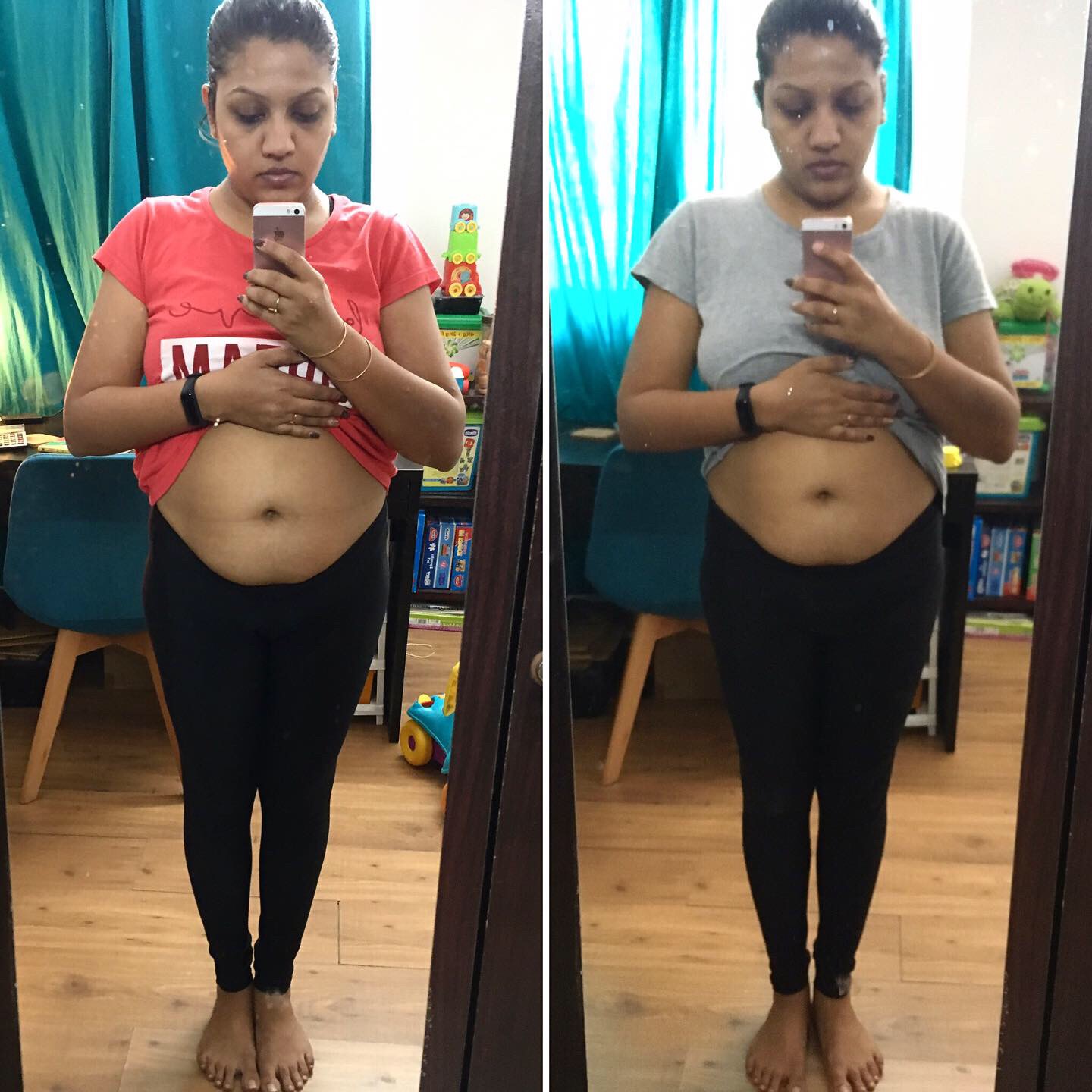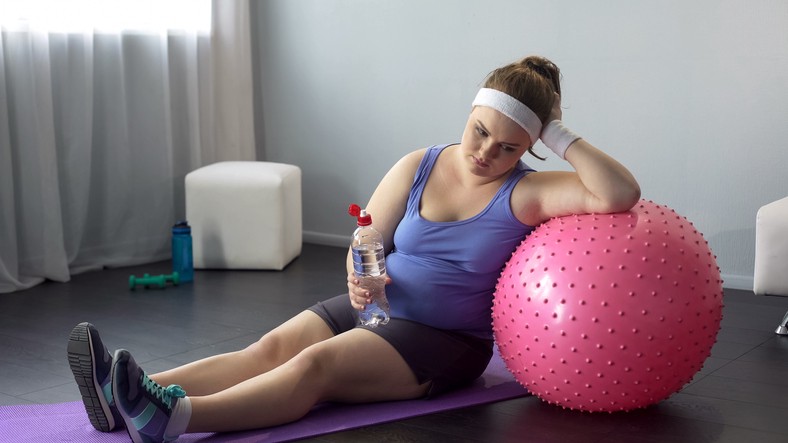
There are several steps you can follow if you're concerned about losing weight during pregnancy. These include exercising, eating healthy, and dieting. You should notice dramatic weight loss results if these guidelines are followed. Also, you can avoid morning sickness. It is vital to keep hydrated throughout pregnancy.
Morning sickness
Morning sickness can make it difficult to lose weight during pregnancy if you are expecting a baby. While morning sickness is common during pregnancy, it can be a serious problem if it's severe. Morning sickness can lead to severe complications, such as weight loss and dehydration. It can also lead to depression and emotional stress. Research shows that morning nausea is not psychosomatic.

Exercise
You can reap many benefits from exercising during pregnancy. It can make your recovery from childbirth quicker and help you lose weight. Talking to your doctor about exercise is a good idea.
Healthy eating
A variety of healthy foods is one of the best ways of losing weight during pregnancy. As they are rich in nutrients, pregnant women should try to eat a variety. Different vitamins and minerals are important for pregnancy. Fresh fruits and vegetables provide different nutrients.
Diet during pregnancy
Regulating your daily calorie intake is the first step to losing pregnancy weight. The daily calorie intake of a pregnant woman should not exceed 2,200 calories or 500 more than what she is burning. During this time, her blood sugar levels are naturally low, and she will feel hungry a lot. While many women believe that they should cut calories during pregnancy this will only make them more hungry.
Problems with weight loss
There are benefits to losing weight while pregnant. However, this can also lead to complications. A diet can not only be unhealthy for the mother but it can also deprive the baby's body of essential nutrients. Being overweight during pregnancy can increase your risk of high blood pressure, gestational Diabetes, and preeclampsia. If you have concerns about your weight, however, every pregnancy is different.

Exercise during pregnancy
There are many reasons exercising during pregnancy is important. It can reduce the risk of common pregnancy complaints like morning sickness, aches and pains, and can improve your mood and reduce anxiety. Even if your activity level was low before getting pregnant, it is possible to start a routine. Consider gentle aerobic exercises, such as swimming, power walking, or pregnancy yoga. You might also consider DVDs for exercise that are designed specifically for pregnant women.
FAQ
Can I eat the fruits of my intermittent fasting diet?
The health benefits of fruits are numerous. They are rich in vitamins, minerals and fiber. But, they can also contain sugar that can spike blood glucose levels. This can lead to insulin resistance, weight gain, and even diabetes. If you're looking to lose weight with an IF diet then you should choose fruits that are low in glycemic.
How long do I need to fast for weight loss?
The answer isn't as easy as it seems. When determining the number of days you should fast for optimal fat reduction, there are many factors to consider. These factors include:
-
Your age. For example, if you're young (under 40), intermittent fasting may be too difficult for you because you have less time to recover from each day's fast. If you are older than 60, you might find it difficult to maintain a prolonged period of daily fasting.
-
Your current body composition. Your current body composition. If you have a lot more muscle mass than you need, then you will likely be more successful with longer fasting periods. You may find shorter fasting more beneficial if your muscle mass is low.
-
How physically active are you. To ensure adequate rest between workouts, you might need to extend your fasting period if you exercise frequently.
-
Your health history. Patients with certain medical conditions, such as heart disease, diabetes, or cancer, may need additional fasting monitoring.
-
How can you manage stress? Stress can cause us to eat more. You might need to lengthen your fasting windows in order not to have this problem.
-
What type of diet do you follow? Certain diets, like ketogenic diets, may require even longer fasting periods.
-
The quality of your sleep. Lack of sleep has also been linked to increased appetite and decreased metabolism. Therefore, it may take some experimentation before determining what works best for you.
-
How much protein you eat. Protein helps stabilize blood sugar levels, which means that eating more protein could potentially lead to lower insulin levels. This would allow one to fast for longer periods.
-
Individuals who are trying lose or gain weight will require longer fasting times than those who are trying.
-
What percent of your daily calories are you consuming during your fasting time? Fasting for fewer calories per days may lead to greater fat loss than fasting with more calories.
-
Your overall fitness level. Faster people are more likely to be fit, and burn more calories during the day.
-
Your gender. Women tend to have a greater appetite than men, so they might need to fast for longer periods. Women generally have smaller appetites, so they may only need to fast for about 20-30 minutes every morning.
-
Your lifestyle. Do you exercise a lot? Do you exercise multiple times a week or do you just go to the gym? Do you work at a desk all day? These things could impact the speed at which you should go.
-
How much money do you spend on food? Not all healthy food means you need to spend a lot more on groceries. Whole grains can be replaced by white bread, fruits can replace candy bars, and lean cuts of meat can be used to save money.
-
How important it can be to control your appetite. If you don't want to skip meals, you might not need to fast as long as other people do.
Why lose weight when you are 40 years old?
For people over 40, maintaining good health and fitness are essential. It is also crucial to find ways to keep fit throughout life. This includes regular exercise, eating well, not smoking, and drinking moderate alcohol.
It is also important for us to realize that our bodies will change with age. Our bones start to weaken, and our muscles start to shrink. You can slow down the aging process if you take care of yourself.
Staying healthy and fit throughout your life is a great way to keep yourself young. These are:
-
Better sleep
-
Better mood
-
Increased energy levels
-
Lower risk for cancer
-
A longer life
-
More independence
-
Better sex
-
Greater memory
-
Improved concentration
-
Greater circulation
-
Stronger immune system
-
Fewer aches & pains
Would cardio exercises make me lose weight fast?
Cardio exercises are great for burning calories and helping you lose weight. It all depends upon how much fat you have stored, and what type or exercise you do.
If you're overweight, then cardio exercises may not be enough to burn off all those extra pounds.
These should be combined with diet and other forms of exercise.
Cardio exercises, such as running or jogging, can help you lose weight quickly. These cardio exercises burn more calories than any other type of exercise.
However, if you want to gain muscles instead of losing fat, you must perform resistance training. Resistance training involves using free weights, machines, bands, elastic bands, etc.
To lose weight fast, you need to combine cardio exercises with resistance training.
For fast weight loss, combine resistance and cardio training.
What can I have in the morning when I'm intermittently fasting?
Water should be consumed first thing in the AM. It will help you feel fuller, faster, and it will give you energy throughout your day. For more flavor, add lemon juice and cucumber slices.
Statistics
- One 6-month study showed that simply doing 11 minutes of strength-based exercises 3 times per week resulted in a 7.4% increase in metabolic rate, on average. (healthline.com)
- According to Harvard Health, it's estimated that a 155-pound (70-kg) person burns roughly 112 calories per 30 minutes of weight training (5). (healthline.com)
- According to Harvard Health, it's estimated that a 155-pound (70-kg) person burns around 167 calories per 30 minutes of walking at a moderate pace of 4 mph (6.4 km/h) (5). (healthline.com)
- It's estimated that half of all American adults attempt to lose weight every year (1Trusted (healthline.com)
External Links
How To
How to do Intermittent Fasting (IF)
Intermittent eating is a way to lose weight that you only have one day of the week. It's usually Monday through Thursday. This is a way to cut down on calories while still getting enough nutrition. It's believed that this helps burn fat faster than if you were eating normal meals throughout the entire week.
The most popular form of IF is to limit calories to certain days. This means you could skip breakfast every morning and still eat what you want the rest of the week. You can also opt to eat three small meals a day instead of two large.
There are many different forms of intermittent fasting, including alternate day fasting, 5/2 fasts, 8/4 fasts, 16/8 fasts, etc. There are pros as well as cons to each form of intermittent fasting. Alternate Day Fasting is the easiest to begin because you don’t have to make significant changes in your life. However, for some people it can be difficult to follow a strict diet, so they may prefer to explore other options.
If you want to try intermittent fasting, I suggest starting with alternate-day fasting. This will allow for gradual transition to more extreme fasting without having to change your lifestyle.